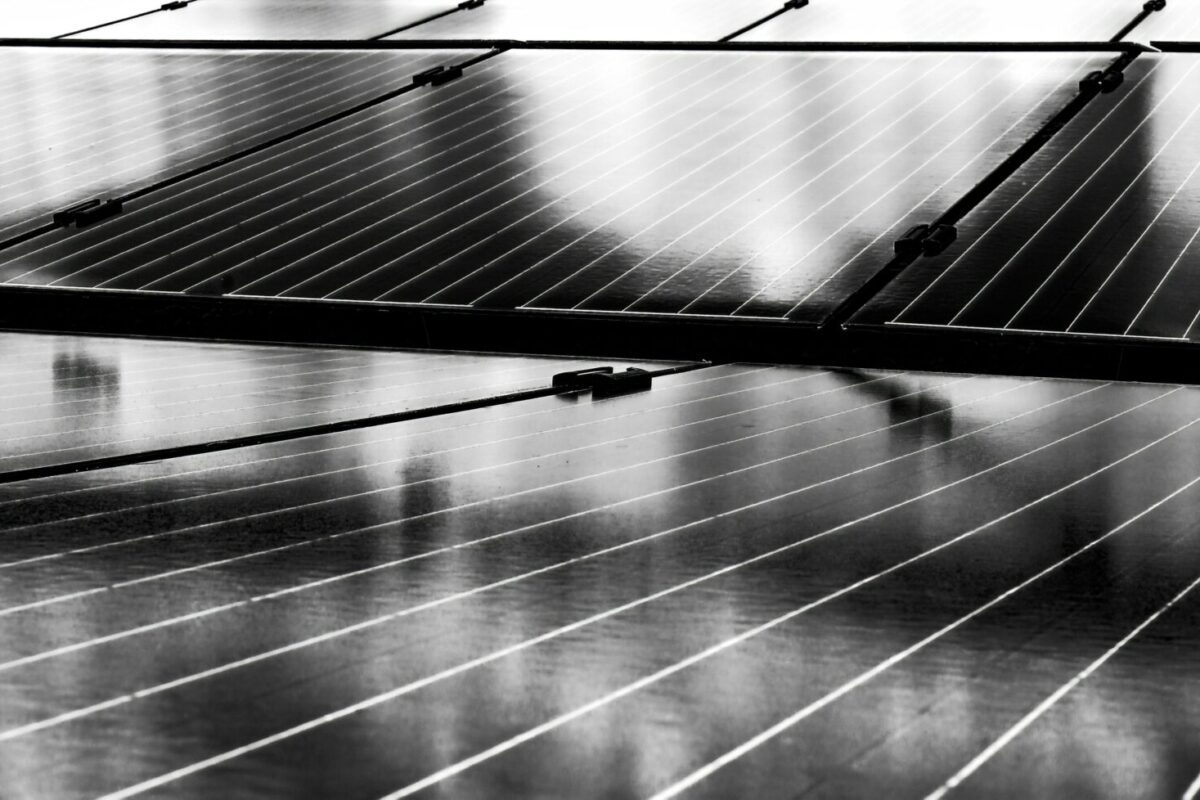At least 53 solar projects could be terminated in the Philippines over non-compliance with project timelines, according to the country’s Department of Energy (DOE).
The department said that at least 105 renewable energy projects are being considered for termination, with 88 of them stalled in the predevelopment phase or not progressing.
The DOE has not revealed the developers involved in the projects, but said most contracts were awarded between 2017 and 2019. It cited common causes for delays, such as failure to secure possessory rights or complete system impact studies, which indicate issues with grid connectivity.
Under current solar energy contracts in the Philippines, developers have two years to complete predevelopment tasks like obtaining permits, conducting surveys, performing feasibility studies, and securing possessory rights. If developers fail to declare completion or show reasonable progress within that time, the Renewable Energy Management Bureau (REMB) issues a show-cause order asking for an explanation for the delay.
If reasons given are insufficient or the developer does not respond, the REMB will recommend to the Secretary of Energy that the contract should be terminated, at which point the developer is required to meet all financial obligations under the service contract. The DOE said valid reasons for a delay, such as force majeure, could lead to an extension.
Energy Undersecretary Rowena Cristina Guevara said the current administration is committed to ensuring the efficient and timely execution of renewable energy projects by regularly assessing the progress of these projects and refining regulatory framework.
“If any contracts are deemed non-performing, we will open them up to new developers who can effectively bring these projects into fruition,” added Guevara.
The DOE released revised omnibus guidelines earlier this year to manage renewable energy contracts and register developers, saying the changes help identify and filter out “non-serious developers.” The revised guidelines allow developers issued with certificates of authority (CoA) to secure necessary permits and conduct essential surveys and prefeasibility activities prior to signing official 25-year contracts. A CoA is valid for two years for floating solar projects and one year for land-based solar projects.
The DOE said it is also streamlining the permitting process through its Energy Virtual One-Stop Shop System.
In May, the DOE estimated that nearly 2 GW of solar could be switched on in the Philippines this year. At the start of October, it revealed that 29 utility-scale solar projects were cleared between January and August.
The Philippines aims to install 15 GW of clean energy by 2030. At the end of last 2023, it reached a cumulative installed solar capacity of 1,675 MW.
This content is protected by copyright and may not be reused. If you want to cooperate with us and would like to reuse some of our content, please contact: editors@pv-magazine.com.




By submitting this form you agree to pv magazine using your data for the purposes of publishing your comment.
Your personal data will only be disclosed or otherwise transmitted to third parties for the purposes of spam filtering or if this is necessary for technical maintenance of the website. Any other transfer to third parties will not take place unless this is justified on the basis of applicable data protection regulations or if pv magazine is legally obliged to do so.
You may revoke this consent at any time with effect for the future, in which case your personal data will be deleted immediately. Otherwise, your data will be deleted if pv magazine has processed your request or the purpose of data storage is fulfilled.
Further information on data privacy can be found in our Data Protection Policy.